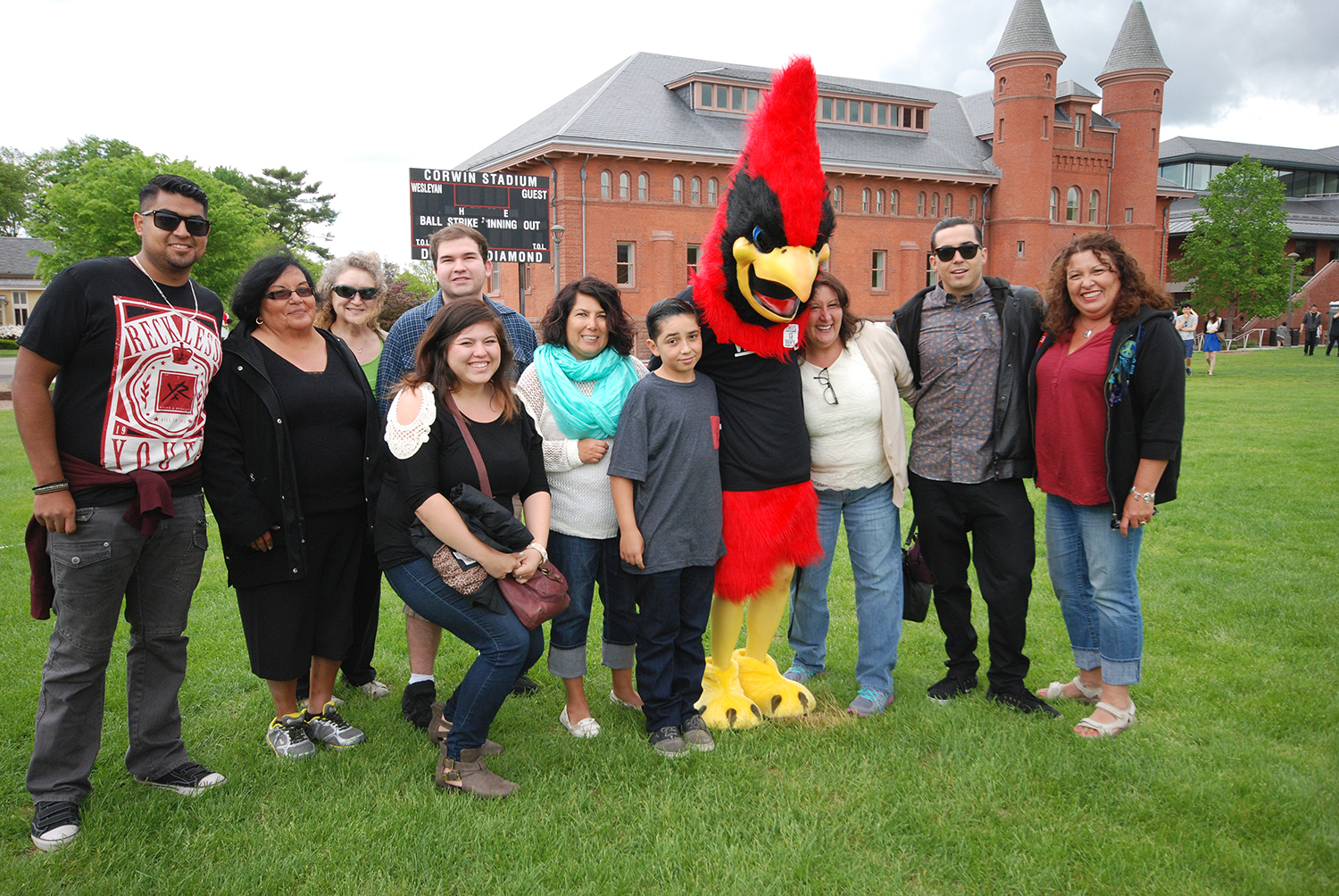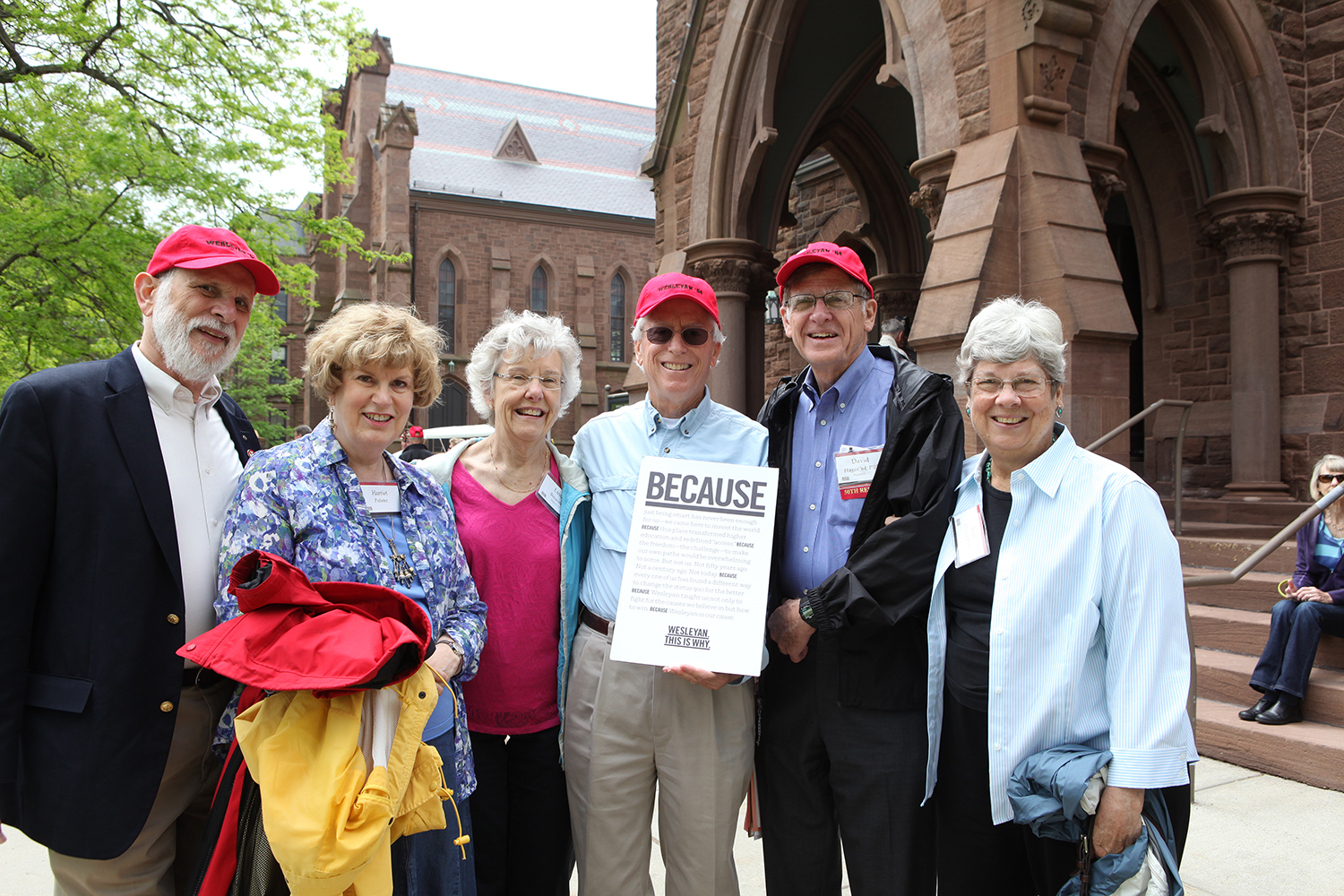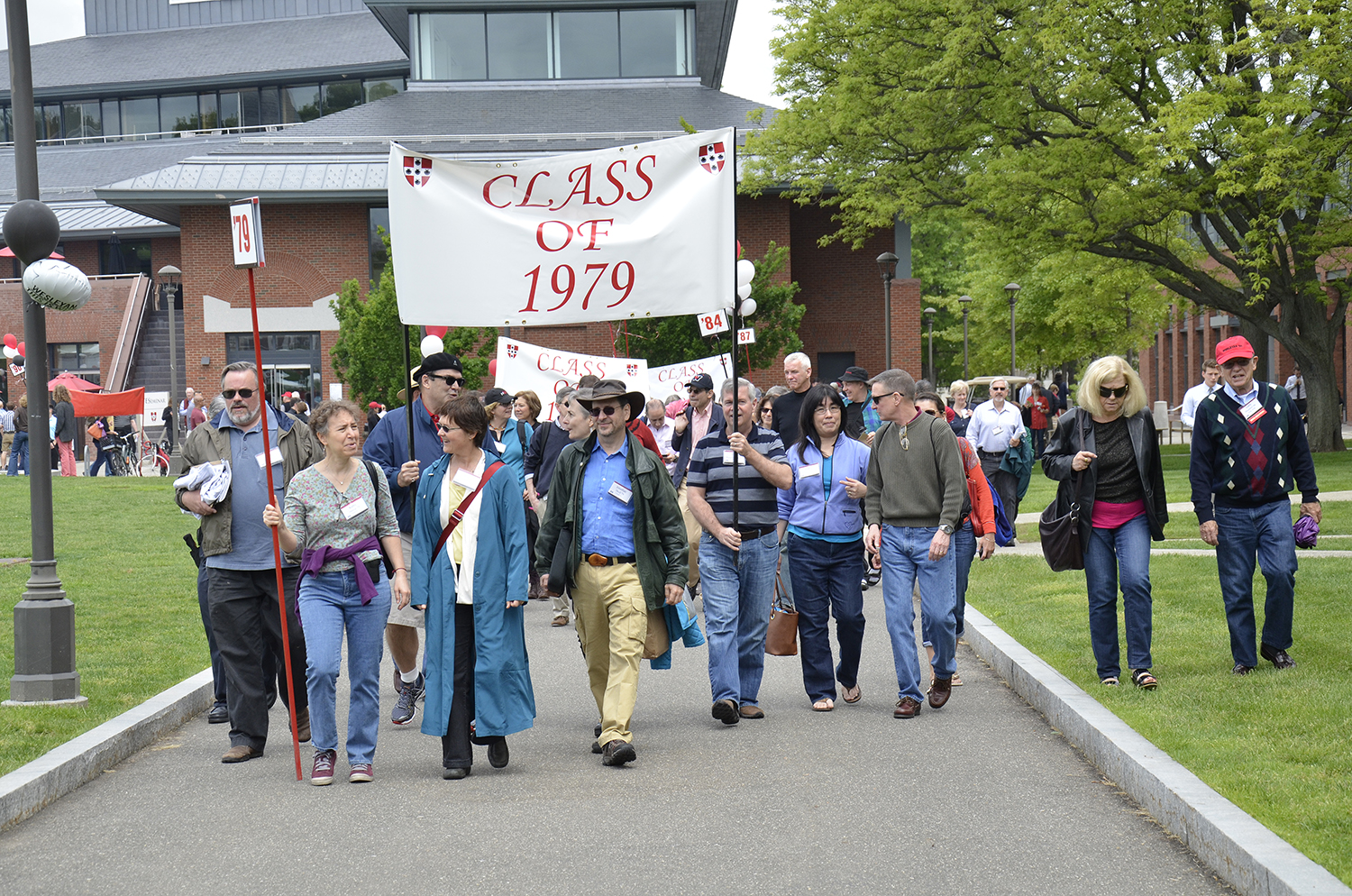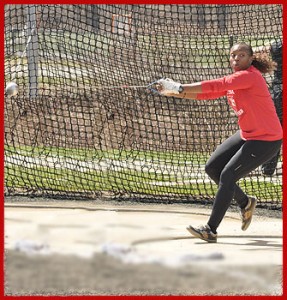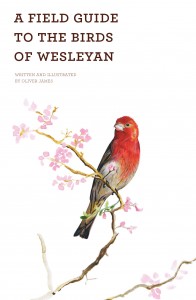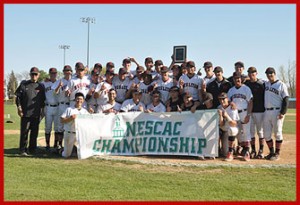Near the end of my first year as Wesleyan’s president, I wrote the following:
Fraternities have historic roots with alumni that are important to maintain, and I believe that the frats (including Eclectic) at Wes can continue to play a very positive role at the university. We will not be adding any new Greek societies because there are now many other ways for students to join together in residentially based groups. Wesleyan’s students have a rich choice of social organizations in which to participate, from the very traditional to the most avant-garde. I’m committed to keeping it that way.
In my April 2014 blog post, “Campus Conversations on Fraternities,” I described how my thinking had changed. Six years of hearing about high-risk drinking at fraternities and dealing with fallout from highly publicized incidents of sexual violence have had an effect. Of course, the larger world has changed too. Today there’s more emphasis upon Title IX and a much greater awareness of sexual assault. The U.S. Department of Education says that under Title IX, schools must “take prompt and effective steps reasonably calculated to end the sexual violence, eliminate the hostile environment, prevent its recurrence, and, as appropriate, remedy its effects.”
Are fraternities at Wesleyan hostile environments? It was striking to everyone here when so many students said yes. The students just conducted a survey on their own which indicated that 47 percent feel less safe in fraternity spaces than in other party spaces; the great majority of those thought that making the fraternities co-educational would be helpful in making those spaces safer. But is that true?
Last week at the Annual Meeting of the Board of Trustees we discussed this issue in executive session. Some found the experiences of peer institutions instructive. Connecticut College and Vassar have no Greek life and Bates has never had it. Amherst, Williams, Bowdoin, Middlebury and Colby all eliminated Greek. Amherst abolished fraternities on campus in 1984 (after a brief failed experiment with co-education) and earlier this month eliminated even unsanctioned Greek life. Williams did it in 1962 and students still sign a pledge not to participate in Greek life. By 2000, the Greek system was officially dismantled at Bowdoin, in part because it was losing high-quality students who didn’t want to go to a school with fraternities. At Colby fraternities and sororities were abolished in 1984 because they were inconsistent with the fundamental values of the community, and in 1992 Middlebury did likewise because it found fraternities to be “antithetical to the mission of the college.”
Swarthmore still has two fraternities, and now a new sorority to provide access to Greek life for women. And then there’s Trinity, still in the anguished throes of dealing with angry alumni and students after it mandated co-education of fraternities, raised GPA requirements for frat membership, and did away with the pledging process. There are some who believe that the most draconian approach, eliminating Greek life entirely, is no more painful.
As you might imagine, many Wesleyans don’t care much about the experience of our peer institutions. Others point out that many fine institutions still have active Greek life, or that Wesleyan shouldn’t imitate any institution. Still others emphasize that the rates of sexual assault at schools that have eliminated fraternities don’t give any indication that those institutions are safer environments. For many, the issue is about equity and inclusion more than about direct correlations with rates of reported sexual assault. How can a co-educational institution approve of having a significant percentage of its social spaces controlled by all-male organizations?
Following our discussions, the trustees have asked me to prepare a plan to address the future of Greek life. Ideally, this would be ready before the school year begins, but certainly no later than the November board meeting. Here are the options before us:
(1) We can require fraternities to become safer places through training and education.
(2) We can eliminate single-sex residential organizations or require co-education (with full membership).
(3) We can eliminate Greek residential life entirely.
(4) We can eliminate all Greek life (on campus or off).
(5) We can dramatically expand Greek life so that there are social spaces controlled by women.
None of these options will eliminate the problems of binge drinking and sexual assault. That’s not the point. Which changes in our residential and co-curricular program will make us a more inclusive, educational and equitable place? For now, our question is simple, but it may not be easy to arrive at a consensus on the answer to it: Will Wesleyan be a stronger university (“dedicated to providing an education in the liberal arts that is characterized by boldness, rigor, and practical idealism”) with or without Greek life?
Many people have written to the president’s office to weigh in on this issue. If you would like to do so over the next month or so, we have set up a special mailbox: comments@wesleyan.edu.
We will report back to the trustees and the Wesleyan community at the end of the summer on our plans concerning co-curricular life at the university in general and residential programs in particular. Stay tuned.



